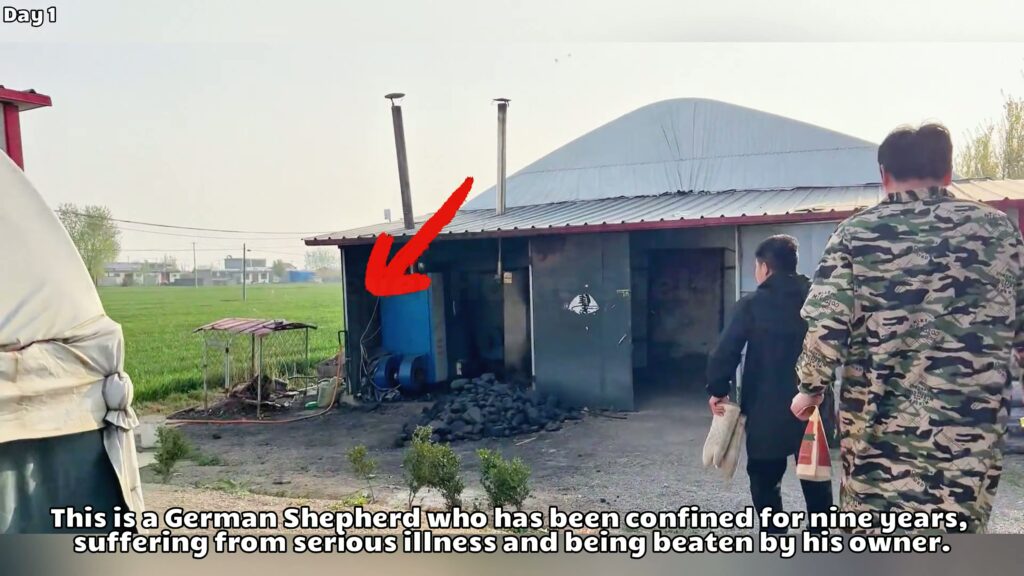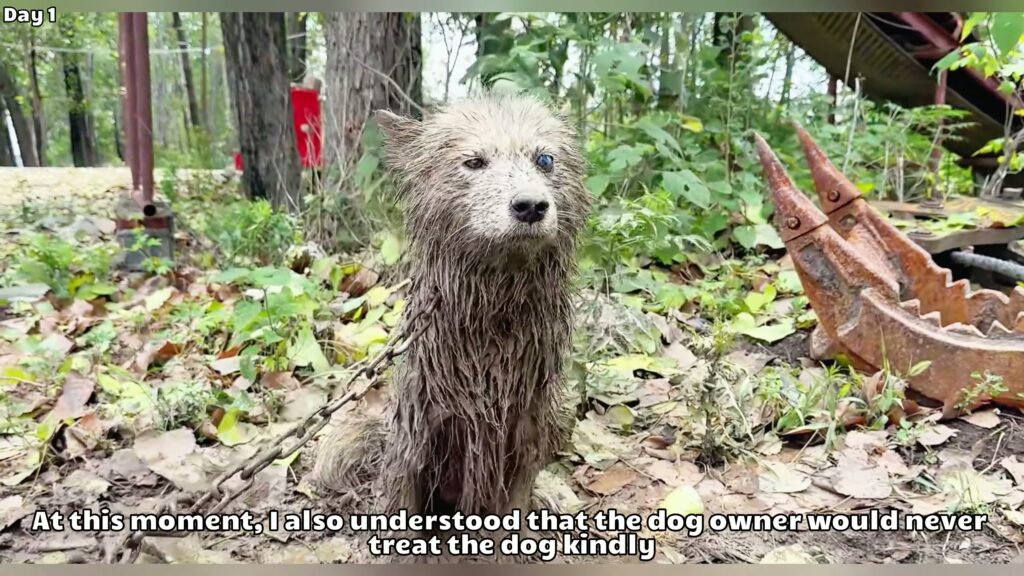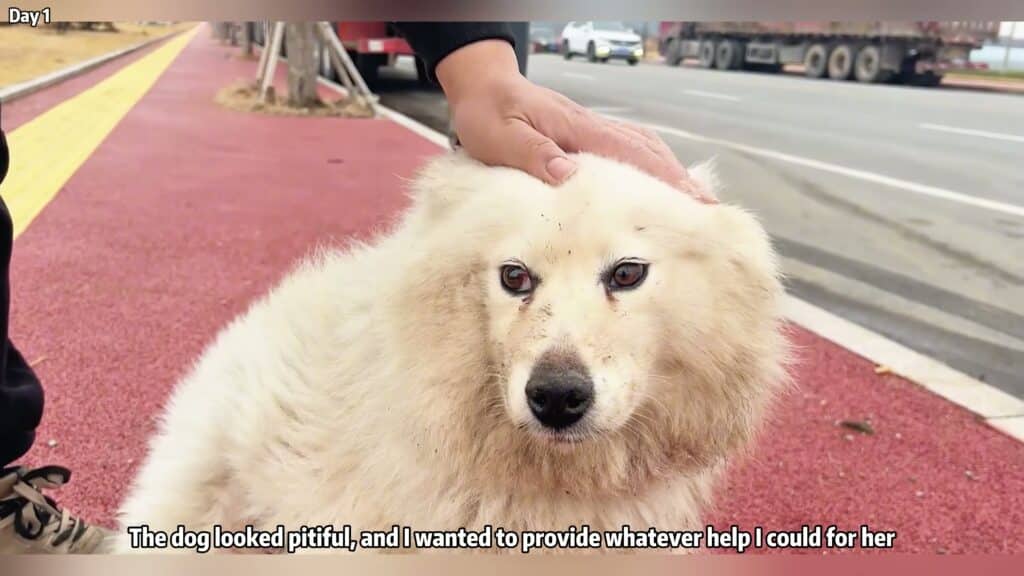A Promise Kept: Nine Tiny Souls Pulled from the Earth in a Tribute of Love
The air hung heavy with grief at Hope For Paws. They’d just said goodbye, not just to a colleague, but to a beacon of compassion – Lisa M. Ashe. Her life was animal rescue, a constant stream of love poured out for the voiceless and vulnerable. The weight of her absence felt immense, a dark cloud settling […]
A Promise Kept: Nine Tiny Souls Pulled from the Earth in a Tribute of Love Read More »






